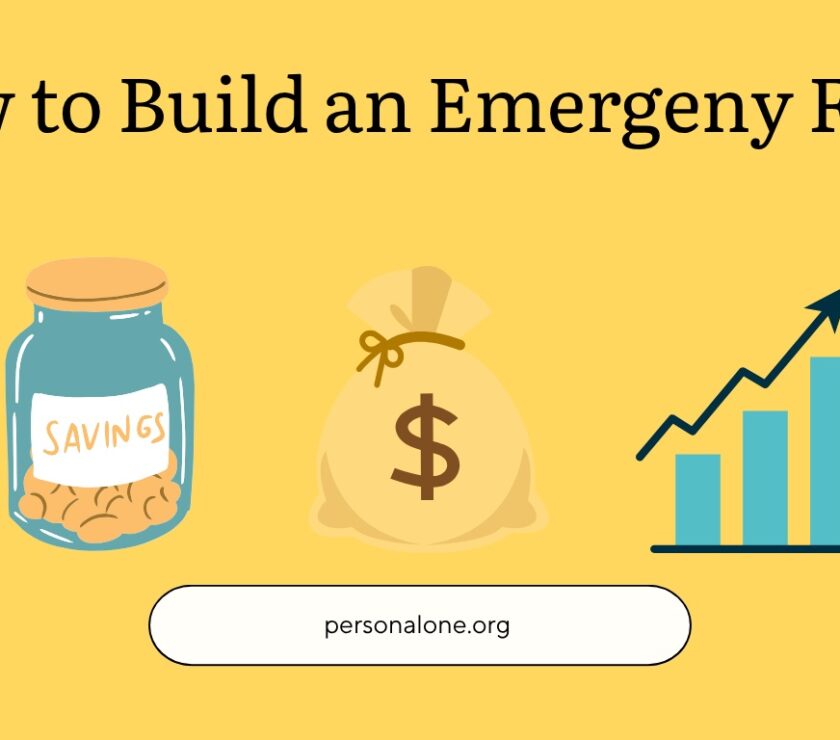TL;DR
- Most people underestimate retirement costs by 30-40% because they focus only on essentials
- Your retirement needs depend on location, health, lifestyle, and longevity—not just age
- The 80% rule (needing 80% of pre-retirement income) is a starting point, not a guarantee
- Understanding retirement costs means thinking decades ahead, not just next year
- Early planning gives you options; late planning forces compromises
Picture this: You're sitting on a sun-drenched patio, sipping your favorite beverage, without a care in the world. Is this your vision of retirement? Whether your ideal golden years involve tropical getaways, pursuing passion projects, or simply enjoying time with loved ones, one crucial question remains: What will it cost?
Understanding the financial requirements of your dream retirement is more than just a numbers game—it's about securing your future happiness and peace of mind. This is where financial literacy over time becomes critical: knowing what retirement costs isn't the same as understanding how those costs change, compound, and reshape your life for 20-30 years.
Why Should You Care?
You might be thinking, "Retirement is years away. Why should I worry about it now?" The answer is simple: Time is your greatest asset when it comes to retirement planning. The earlier you start, the more options you'll have and the less stress you'll face as retirement approaches.
Consider this: According to a recent survey by the Employee Benefit Research Institute, only 42% of workers have tried to calculate how much money they'll need in retirement. That means the majority of people are flying blind when it comes to one of the most important financial decisions of their lives.
Don't let yourself be part of that statistic. By understanding and planning for your retirement costs now, you're taking control of your future and ensuring that your golden years truly shine.
The True Cost of Retirement: Breaking It Down
1. Essential Living Expenses
- Housing (mortgage or rent, property taxes, insurance, maintenance)
- Utilities (electricity, water, gas, internet, phone)
- Food and groceries
- Transportation (car payments, fuel, maintenance, public transit)
- Healthcare (insurance premiums, out-of-pocket expenses, prescriptions)
- Personal care and clothing
2. Lifestyle Expenses
- Travel and vacations
- Hobbies and entertainment
- Dining out and socializing
- Gifts for family and friends
- Charitable donations
3. Unexpected Costs
- Home repairs and renovations
- Medical emergencies
- Long-term care
- Inflation and rising costs of living
Here's what most retirement calculators miss: lifestyle expenses often increase in early retirement (travel, hobbies, finally doing what you couldn't while working) before declining later. And unexpected costs aren't occasional—they're regular. Your 70-year-old self will have different needs than your 65-year-old self.
Factors That Influence Your Retirement Costs
- Location: Where you choose to retire can significantly impact your expenses. Consider cost of living, taxes, and healthcare quality.
- Health: Your health status and family medical history play a crucial role in estimating healthcare costs.
- Lifestyle: Do you plan to travel extensively or pursue expensive hobbies? Your desired retirement activities will affect your budget.
- Longevity: With increasing life expectancies, planning for a longer retirement is essential.
- Inflation: Don't forget to account for the rising cost of goods and services over time.
Calculating Your Retirement Needs
While everyone's situation is unique, here's a general approach to estimating your retirement costs:
- Estimate your annual retirement expenses: Start by listing your current expenses and adjust them based on your retirement plans.
- Consider the 80% rule: Many financial experts suggest you'll need about 80% of your pre-retirement income to maintain your lifestyle.
- Use online calculators: Utilize retirement calculators provided by reputable financial institutions to get a ballpark figure.
- Consult a financial advisor: For a more personalized estimate, consider working with a professional who can analyze your specific situation.
But here's the reality check: the 80% rule assumes your lifestyle stays the same. If you're planning to travel more, help grandkids with college, or relocate to a higher cost-of-living area, you might need 100% or more. Understanding these variables—not just accepting generic formulas—is what separates people who retire comfortably from people who run out of money at 78.
A Personal Story: Wake-Up Call
Let me share a personal experience that changed my perspective on retirement planning. Some years ago, I attended my uncle's 70th birthday party. He had always been the life of the family, full of energy and grand plans for his retirement. But as we celebrated, I noticed something was off.
Later, he confided in me that he was struggling financially. Despite having a good career, he hadn't saved enough for retirement. His dreams of traveling the world and spoiling his grandkids were slipping away. He looked at me with regret in his eyes and said, "Don, don't make the same mistake. Start planning now."
That conversation was a wake-up call. I realized that retirement isn't just about reaching a certain age—it's about having the freedom to enjoy life on your own terms. From that day forward, I committed to taking my retirement planning seriously. I got educated and I'm sharing this story in hopes that it will inspire you to do the same.
Strategies to Secure Your Retirement Dreams
- Start early: The power of compound interest is your friend. Even small contributions can grow significantly over time.
- Maximize retirement accounts: Take full advantage of 401(k)s, IRAs, and other tax-advantaged savings options.
- Diversify your investments: Spread your risk across different asset classes to protect against market volatility.
- Consider working longer: Delaying retirement by even a few years can significantly boost your savings.
- Develop multiple income streams: Explore passive income opportunities or part-time work to supplement your retirement savings.
- Continuously educate yourself: Stay informed about personal finance and retirement planning strategies.
- Regularly review and adjust your plan: Life changes, and so should your retirement strategy. Reassess your goals and progress annually.
The Real Question Isn't "How Much Do I Need?"
The real question is: "What life do I want in retirement, and what does that life cost?"
Start there. Then work backward. Because understanding retirement costs means understanding yourself—your priorities, your health trajectory, your risk tolerance, and your definition of "enough."
Ready to Build Long-Term Financial Clarity?
Retirement planning is just one piece of understanding how money works over decades. Financial literacy isn't about memorizing terms—it's about seeing how concepts like inflation, compound interest, and lifestyle creep shape your future.
Explore the complete financial literacy hub
Want money systems that actually work? Join 2,000+ readers getting weekly strategies for smarter banking, credit repair, and financial confidence. Subscribe to the PersonalOne newsletter.
Take Action Today
Don't let your dream retirement slip away due to poor planning. Take control of your financial future today:
- Calculate your estimated retirement costs using the strategies outlined in this article
- Schedule a meeting with a financial advisor to create or refine your retirement plan (it doesn't have to be us—just make it happen)
- Start or increase your retirement savings contributions immediately
- Share this article with friends and family to help them secure their retirement dreams too
Remember, the best time to plan for retirement was yesterday. The second-best time is now. Your future self will thank you for taking action today.
FAQ
Q: How much should I have saved by retirement?
A: While individual needs vary, a general rule of thumb is to have 10-12 times your annual salary saved by retirement age. But this is a guideline, not a guarantee—your actual needs depend on your lifestyle, health, and retirement vision.
Q: Is Social Security enough to cover retirement expenses?
A: For most people, Social Security alone is not sufficient. It's designed to replace only about 40% of your pre-retirement income. The rest needs to come from savings, investments, or other income sources.
Q: What if I haven't started saving for retirement yet?
A: It's never too late to start. Focus on maximizing your contributions, consider catch-up contributions if you're over 50, and explore ways to increase your income or reduce expenses.
Q: How does inflation affect retirement planning?
A: Inflation can significantly erode your purchasing power over time. It's crucial to factor in an annual inflation rate (historically around 2-3%) when calculating your retirement needs. What costs $50,000 today might cost $90,000 in 20 years.
Q: Should I pay off my mortgage before retiring?
A: This depends on your individual situation. While being debt-free in retirement is ideal, sometimes it's more beneficial to invest extra money rather than pay off a low-interest mortgage early. Run the numbers for your specific case.
Related PersonalOne Guides
- Financial Literacy Hub
- Beginner's Blueprint for Budgeting
- 7 Smart Financial Moves for Every 20-Something
External Resources
By understanding and planning for your ideal retirement costs, you're taking a crucial step towards securing the future you deserve. Remember, retirement isn't just a destination—it's a journey that begins today. Start planning, stay informed, and watch your dream retirement become a reality.




